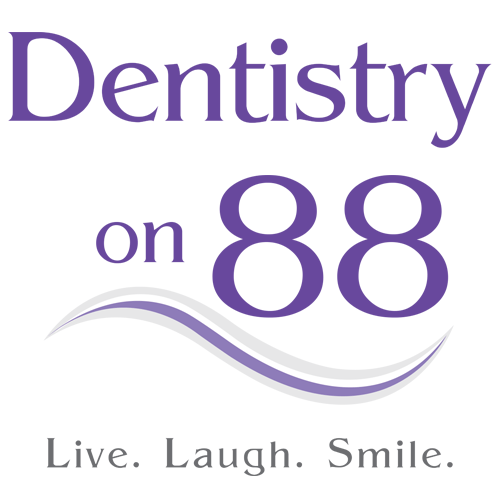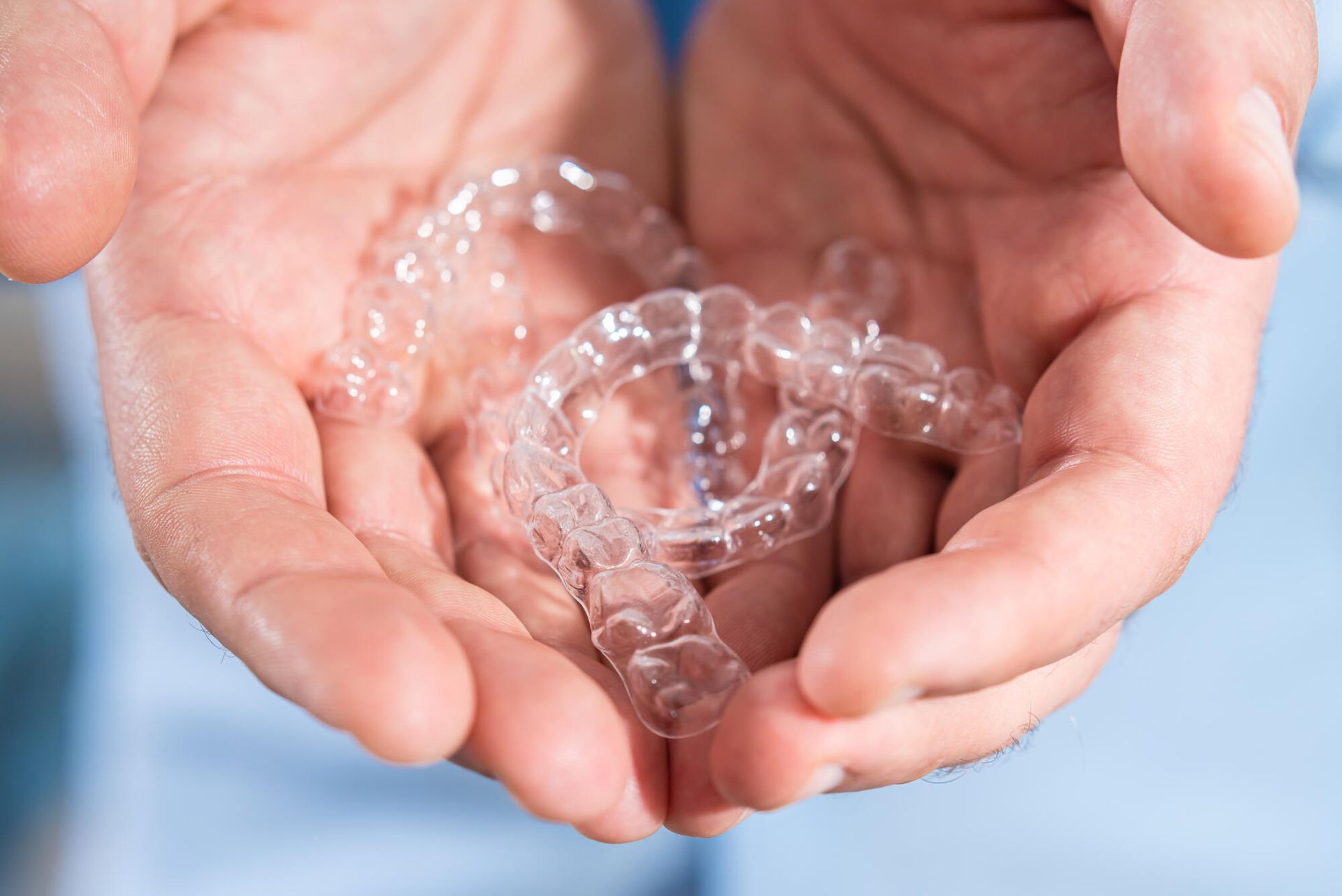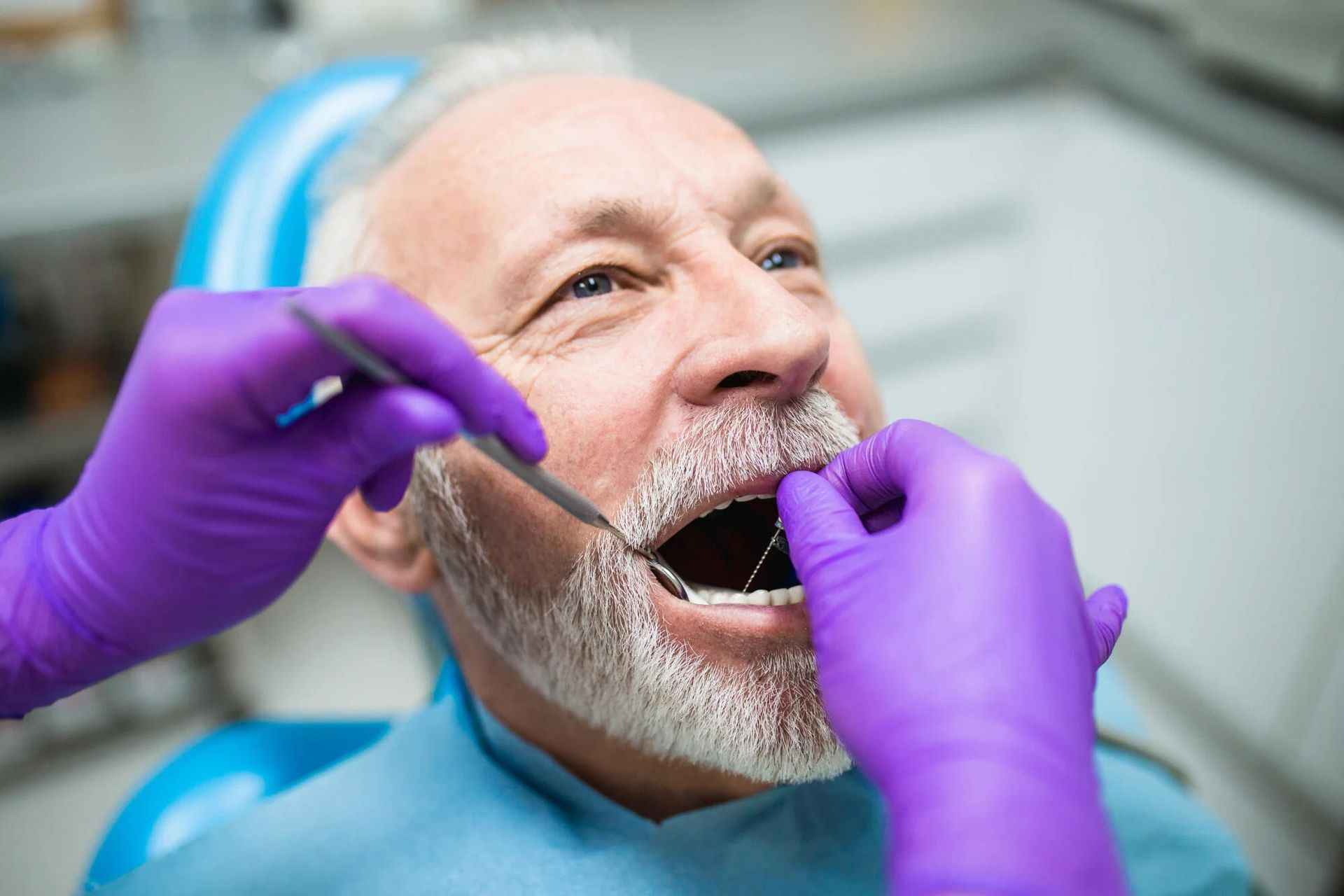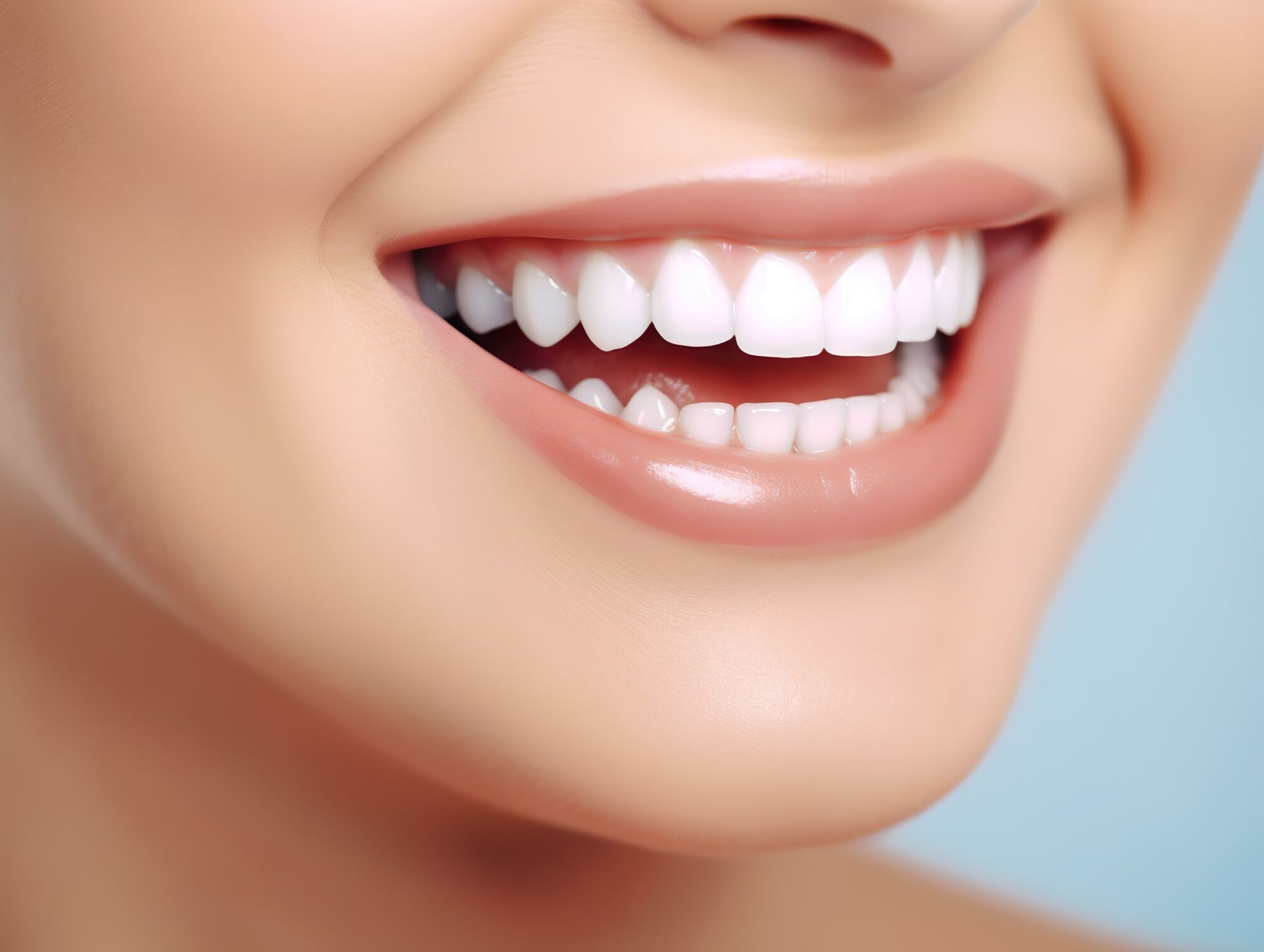Toothache Causes
Approximately 23.3% of Canadians over 18 have reported experiencing oral pain in the past year, a testament to how widespread and disruptive dental issues can be. Among these complaints, severe tooth pain stands out as a particularly acute problem.
This type of pain doesn't discriminate, affecting busy professionals, diligent students, and active families alike. It can erupt suddenly, turning an ordinary day into an ordeal of distress and distraction.
Why does this happen, and what can be done about it? In this article, we explore the underlying causes of unmanageable tooth pain and the effective solutions that can not only relieve this acute discomfort but also prevent its recurrence. Read on as we uncover how to safeguard your oral health and ensure that tooth pain doesn't put a pause on your life.
Common Causes of Tooth Pain
Tooth pain can stem from various sources, each with its own unique causes and characteristics. Understanding these can help in finding the right tooth pain relief and preventing future occurrences.
Tooth Decay and Cavities
Tooth decay is one of the most common reasons for tooth pain. When the enamel, the hard outer layer of the tooth, breaks down due to acids produced by bacteria, cavities form. These cavities expose the inner, more sensitive parts of the tooth, leading to pain.
This pain can range from a mild ache to severe discomfort, especially when consuming hot, cold, or sweet foods. If left untreated, cavities can deepen, affecting the tooth's nerve and causing extreme tooth pain.
Gum Disease
Gum disease, or periodontal disease, is another major contributor to tooth pain. It starts with gingivitis, where the gums become swollen and red and bleed easily. If not addressed, it can progress to periodontitis, which affects the tissues and bones supporting the teeth.
This condition can cause the gums to recede, forming pockets that become infected. The inflammation and infection lead to pain, particularly when chewing or touching the affected areas.
Tooth Abscess
An abscessed tooth is a severe condition where a pocket of pus forms due to a bacterial infection. This usually happens when tooth decay or a damaged tooth allows bacteria to penetrate deeper into the tooth or gums.
The pain from an abscess is often intense and throbbing. It can spread to the jaw, neck, or ear on the same side as the infected tooth. Fever, swollen lymph nodes, and a bad taste in the mouth are common symptoms that accompany this serious dental condition.
Tooth Fracture or Damage
Cracked or broken teeth can also cause significant pain. These fractures can result from trauma, biting hard foods, or even gradual wear over time.
The pain can be sharp and intermittent, especially when biting down, or it can be a constant, dull ache. If the crack extends into the tooth's nerve, the pain can become severe and persistent.
Impacted Wisdom Teeth
Impacted wisdom teeth are another common source of dental pain. These teeth do not have enough room to emerge or develop normally. They can become trapped under the gums or grow at an awkward angle and press against adjacent teeth.
This pressure causes pain, swelling, and even infection. The discomfort often radiates to the jaw and can be quite debilitating.
Dental Procedures or Treatments
Sometimes, dental treatments themselves can lead to temporary tooth pain. Procedures like fillings, root canals, and extractions involve manipulating the teeth and gums, which can cause inflammation and soreness.
Post-procedure pain is usually manageable and subsides within a few days. However, if the pain persists or worsens, it could indicate complications that need professional attention.
Identifying Symptoms and When to Seek Help
Tooth pain can vary widely in its presentation. A sharp, shooting pain often indicates a problem like a cavity or a cracked tooth.
A constant, dull ache might suggest gum disease or an abscess. Sensitivity to hot, cold, or sweet foods typically points to enamel erosion or a cavity.
Each type of pain provides clues about its underlying cause and helps determine the appropriate course of action.
Certain symptoms signal the need for urgent dental care. Severe, persistent pain that doesn't respond to over-the-counter pain relief, swelling in the face or gums, fever, and difficulty swallowing or breathing are all red flags.
These symptoms could indicate infections or other serious dental conditions that require prompt treatment to prevent complications.
Effective Solutions and Treatments
For immediate relief from tooth pain, over-the-counter medications like ibuprofen and acetaminophen are commonly recommended. These medications help reduce inflammation and alleviate pain.
Several home remedies can provide temporary toothache relief. Rinsing with warm salt water helps reduce inflammation and clean the affected area.
Applying a cold compress to the outside of your cheek can numb the pain and reduce swelling. Clove oil can be applied to the painful area using a cotton ball.
Professional Dental Treatments
When home remedies and over-the-counter medications aren't enough, professional dental treatments become necessary. Fillings are used to repair cavities, while root canals treat infected or damaged pulp inside the tooth. In cases where the tooth cannot be saved, extractions are performed.
Dentists also offer solutions for tooth fractures, such as crowns or bonding, to restore the tooth's integrity and function.
Preventive Measures
Preventive care is the best strategy to avoid tooth pain. Regular dental check-ups and cleanings help maintain oral health and catch problems early.
Good oral hygiene practices are crucial. This includes:
- Brushing twice a day with fluoride toothpaste
- Flossing daily
- Using an antiseptic mouthwash
Avoiding sugary foods and drinks and maintaining a balanced diet also play a significant role in preventing dental problems.
Experience Lasting Relief from Tooth Pain
After exploring the common culprits behind tooth pain and various effective treatments, it's clear that timely intervention is key to managing and resolving dental distress. From addressing serious dental conditions to utilizing toothache remedies, the right approach can make all the difference.
At Dentistry on 88, we strive to provide prompt and effective care, while attending to your needs. Our team looks forward to assisting you with any dental emergency you may have to relieve oral pain.
We are open weekdays, weeknights and weekends (including Sundays) to accommodate your busy schedule. Contact us today so that we can help you alleviate any pain/discomfort you have. We look forward to assisting you improve your oral health.












